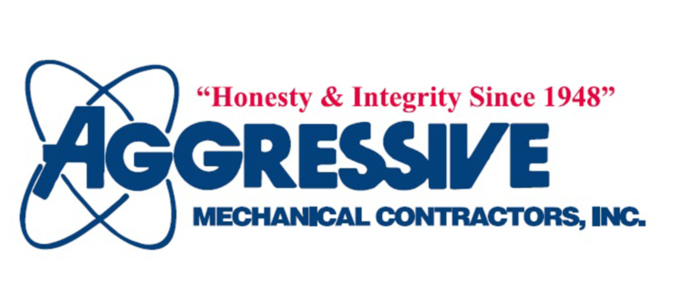
We spend lots of time indoors. In reality, the Environmental Protection Agency (EPA) has estimated being indoors comprises 90% of our days. Having said that, the EPA also says your indoor air can be three to five times worse than outside your home.
That’s because our residences are tightly sealed to boost energy efficiency. While this is good for your energy expenses, it’s not so fantastic if you’re amid the 40% of the population with respiratory allergies.
When outside ventilation is limited, pollutants including dust and volatile organic compounds (VOCs) may get captured. As a result, these pollutants might irritate your allergies.
You can improve your indoor air quality with clean air and routine housework and vacuuming. But if you’re still having issues with symptoms during the time you’re at your residence, an air purifier may be able to help.
While it can’t remove pollutants that have landed on your furnishings or carpeting, it may help freshen the air moving throughout your residence.
And air purification has also been scientifically confirmed to help reduce some allergic symptoms, according to the American College of Allergy, Asthma and Immunology. It might also be appropriate if you or a loved one has lung trouble, like emphysema or COPD.
There are two options, a portable air purifier or a whole-home air purifier. We’ll discuss the differences so you can learn what’s right for your house.
Whole-House Air Purifier vs. Portable Air Purifiers
A portable air purifier is for a single room. A whole-house air purifier works alongside your heating and cooling equipment to purify your full house. Some models can clean by themselves when your home comfort system isn’t operating.
What’s the Best Air Purifier for Allergies?
Seek a purifier with a High Efficiency Particulate Air (HEPA) filter. HEPA filters are installed in hospitals and offer the greatest filtration you can find, as they eliminate 99.97% of particles in the air.
HEPA filters are even more beneficial when combined with an ultraviolet (UV) germicidal light. This mighty mixture can destroy dust, dander, pollen and mold, all of which are standard allergens. For the greatest in air purification, think over a system that also has a carbon-based filter to reduce household smells.
Avoid using an air purifier that makes ozone, which is the top ingredient in smog. The EPA advises ozone could worsen respiratory issues, even when discharged at low settings.
The Allergy and Asthma Foundation of America has created a listing of questions to ask when purchasing an air purifier.
- What can this purifier extract from the air? What doesn’t it take out?
- What’s its clean air delivery rate? (A higher amount means air will be freshened faster.)
- How regularly does the filter or UV bulb need to be changed]? Can I do that on my own?
- How much do spare filters or bulbs cost?
How to Lessen Seasonal Allergy Symptoms
Want to receive the {top|most excellent|best] performance from your new air purification unit? The Mayo Clinic recommends taking other steps to limit your exposure to problems that can cause seasonal allergies.
- Stay in your home and keep windows and doors shut when pollen counts are elevated.
- Have other family members mow the lawn or pull weeds, since this work can worsen symptoms. If you must do these chores alone, consider trying a pollen mask. You should also bathe without delay and put on clean clothes once you’re done.
- Avoid drying laundry outside.
- Turn on the AC while indoors or while driving. Consider adding a high efficiency air filter in your home’s home comfort equipment.
- Even out your home’s humidity saturation with a whole-house dehumidifier.
- Hardwood, tile or linoleum are the best flooring types for decreasing indoor allergens. If your residence has carpet, use a HEPA filter on your vacuum cleaner.
Let Our Pros Take Care of Your Indoor Air Quality Needs
Ready to move forward with getting a whole-house air purifier? Give our professionals a call at 732-502-9300 or contact us online to schedule an appointment. We’ll help you choose the best system for your family and budget.
